This year, Alice Rohrwacher presented i, Cannes her new film La Chimera in the Official Competition. We took the opportunity to talk to her. The director talks about the heart and essence of her film.
Cinema Reporters: Hello Alice. When you left the official screening, you said that the film had been in the shadows for more than ten years and that it was finally coming into the light. Can you tell us a bit about this story?
Alice Rohrwacher: When you think of a film, of the journey you take when you make a film, it’s really a journey that starts with your imagination, to make it, and ends with a time when you have to show it. It’s something to do with birth, with plants, with the being hidden inside us and also with having to reveal ourselves. Above all, it’s only when you show a film that it’s born, it’s not going to change. That’s how it should be, anyway! It’s a sensation, a very strong emotion, especially when it’s a film about digging up the Earth, stealing things from it and taking them outside. That feeling makes things even stronger.
What was the starting point or idea for writing this film?
I really started from the idea of linking different worlds, the worlds of day and night, the worlds of the living, the world of the dead, the world of highly radicalised Italians and the world of foreigners.
Can you tell us about your writing technique? It’s really multi-stage and goes beyond the script alone. It seems as though you don’t do things step by step, but that everything is done in a fusion mode?
There’s a very beautiful phrase by Elsa Morant that says, “The indecipherable arabesque is given by the joy of its movement. It is not given by the solution to its theorem“. I think that when I make a film, it’s a bit like working on an arabesque. There are very precise movements, lines that move, but in the end they have to disappear.
Your cinema is somewhat linked to your background. It’s very literary. There are a lot of symbols, a lot of figures, a lot of metaphors too. Are these mental images that end up on the screen there right from the start of the writing process and a driving force for you, or do the ideas come to you as you go along ?
Yes, they are images that evoke a way of looking at the world, a way of listening to the world, a way of seeing different levels around us. And they are images and sounds that come from me, from my experience of life.
In this film you use several image formats that evoke both memories and metaphors. Was this a link with your career as a filmmaker, as you originally came from a documentary background ?
Yes, that was it. And as it’s a film about history, about archaeology, it was also a question of talking a little about the archaeological dimensions of cinema. The media that have made the cinema we love, whether it’s a more amateur medium like 16 millimetres, a more athletic medium like Super 16, or a more stable medium like 35 millimetres. And when, with Hélène Louvard, we thought about the image of the film, we also thought about preserving this history.
On La Chimera you experiment even more with form than usual, with greater freedom of form. Is this a sign of emancipation for you, or is it because you feel you now have greater control over the balance you can strike between all these forms?
I like looking for new paths. I like to hit the road and maybe get lost too, but still, try things out. It’s very difficult. It’s also very scary to really try things out because, of course, you never know what you’re going to come up against, but I can’t stop myself from doing it. This past year I’ve also had the opportunity to work on things that are much more rational. I made some episodes of a series, L’Amie prodigieuse, with a team very similar to the team on my films. It was very good, it was an incredible project, a very beautiful project, but I came away from that experience with a desire for freedom that you don’t find in cinema, for freedom of narrative. Our vision is alive, it can’t be planned, we can go towards reality or imagination.
Music also plays an important role in the film. You go from electronic tunes in the first part of the film to opera tunes in the second part, at least from the middle onwards. How did you come up with this music ?
Initially, we listened to Monteverdi’s Orpheus and Eurydice, an opera that accompanied the story, because the story of Orpheus and Eurydice is very close to the story we are telling. In Orpheus and Eurydice, there is a woman who is no longer there, a man who is looking for her, and the mother of this girl who is also looking for her. But, having said that, we also wanted the music of the years in which the story of the film is set to live on, the electronic music of Kraftwerk, the pop music of Vasco, and the real music of the time. On top of this, there is another music. Not interpretive music, but narrative music: troubadours singing the story. You might think that this is too much, perhaps, but I really wanted us to take a step back from history and see the story of a man, a solitary man, an individual, while remembering that we are also looking at a collective story.
Your hero is very special. He’s a man who travels, a solitary stranger when the film is a collective one. Your hero doesn’t say much. His identity is deliberately vague. He doesn’t take very good care of himself. He seems to come straight out of another kind of cinema, perhaps film noir? How did you come up with this hero ?
Yes, he’s more of a literary character who resembles a Lord Jim or literary heroes who resemble him, heroes who are searching, heroes who are looking for elevation of thought, for something to belong to. But, referring back to the cinema of the origins, I also wanted him to be a little ridiculous, not just serious.
In this film you take an almost Bressonian look at humanity. In this case, greed, the plundering of history, the destruction of the planet. Do you recognise this influence?
I’m honoured by your words.
How should or can we interpret this story? Is the story of archaeology and the search for treasure a metaphor for the filmmaker’s work? Or should we take it at face value, as a sort of modern Indiana Jones?
I hope that people who see the film will experience it, will watch it, without perhaps understanding everything straight away – it’s not necessary, because you can see things again and look at them again. For me, I’d be happy if when they leave the cinema, go home and return to the sounds of the city around them, the sounds of everyday life, they have the sensitivity to perhaps listen to a little bird or see something that is hidden, but still there. I’m talking about birds because, for the Etruscans, birds are destiny. In fact, over the last few days in Cannes, I’ve been here and listened beyond all the noise of the beach, the interviews, the helicopters. There was a little turtle-dove singing next to my hotel and I thought that if I could transmit this feeling to someone who sees my films, I’d already be happy.
Etruscans, in fact, are a passion of yours? We imagine it’s a subject you know well…
It’s quite simply my past. It’s the past of the land where I live and it’s a very present past because in every place, in every house, under every house, there are the remains of a strange civilisation, tombs everywhere, really everywhere. There are towns like Blera, where we filmed, that are surrounded by vestiges and that have difficulty developing in the present day because of the weight of the vestiges. It was really natural.
In the film, there is a house where women and children survive. Outside this house are men who seem to have come straight out of Italian comedies. Did you have any feminist ambitions about this little Noah’s Ark?
I have feminine ambitions. I am a daughter of feminism. I respect the struggles of my mother and all the women of her generation. I think it’s a struggle we should never forget. But the film focuses a lot on men, especially men who are obliged to show their macho sides, even when they are no longer capable of doing so. In the 80s, when the film takes place, men didn’t have many other role models, at least in the villages, they didn’t yet know that there could be alternatives. They were still very macho, sometimes in spite of themselves.
The chimera is obviously also an ecological fable?
When I think of the ecological word, I simply think of the essence of this word, I remember that we live in a complex house, a house where not only human beings live, but also animals, plants, there really is a delirious complexity. And maybe, at least, we can pay attention to it. In the time of the Etruscans, for example, if you look at the works they left behind, it’s clear that man was aware of being part of the universe.
One last question. Journalists and film critics like to put labels on things. There’s one that sticks to you: magic realism. Do you like this label? What words would you use to describe your films?
I’m not very good at putting labels on things, but if it simplifies the vision, since the film is a bit complex, that’s fine with me, I’m happy to have this label. Especially if it’s a label that reminds us that reality is unbelievable, unimaginable and that imagination, when we say that it’s the land of freedom, is perhaps not enough. You have to find freedom in reality.
To better decode Alice Rohrwacher‘s cinema, let’s look at a few biographical details. The director and screenwriter was born in Italy to a German father and an Italian mother. She studied philosophy and literature at the University of Turin, completing a master’s degree in the language of screenwriting and courses in dramaturgy and narrative techniques.
An already impressive filmography
Alice Rohrwacher went on to make short documentary videos, which immediately caught the eye of producer Carlo Cresto-Dina. She soon went on to write the screenplay for Corpo Céleste, her first feature film in 2011, which received rave reviews at Cannes, noting its many influences as well as its singularity. In 2014, Alice Rohrwacher directed Le Mereveglie, the story of Gelsomina, who lives with her parents and three younger sisters on a dilapidated farm where they produce honey. The four girls are kept at a distance from the world by their father, who predicts his imminent demise… In 2018, Happy as Lazzaro stars Lazzaro, an exceptionally kind young peasant living in the Inviolata, who one summer befriends Tancredi, the Marquise’s son. The year 2021 was also a fruitful one for Alice, with the release of Futura, presented at the Directors’ Fortnight at the Cannes Film Festival in 2021, and Four Roads (short film). In 2022, the short film Le Pupille enters the scene, recounting the adventures of rebellious little girls at a Catholic boarding school in the run-up to Christmas during a period of imaginary conflict.
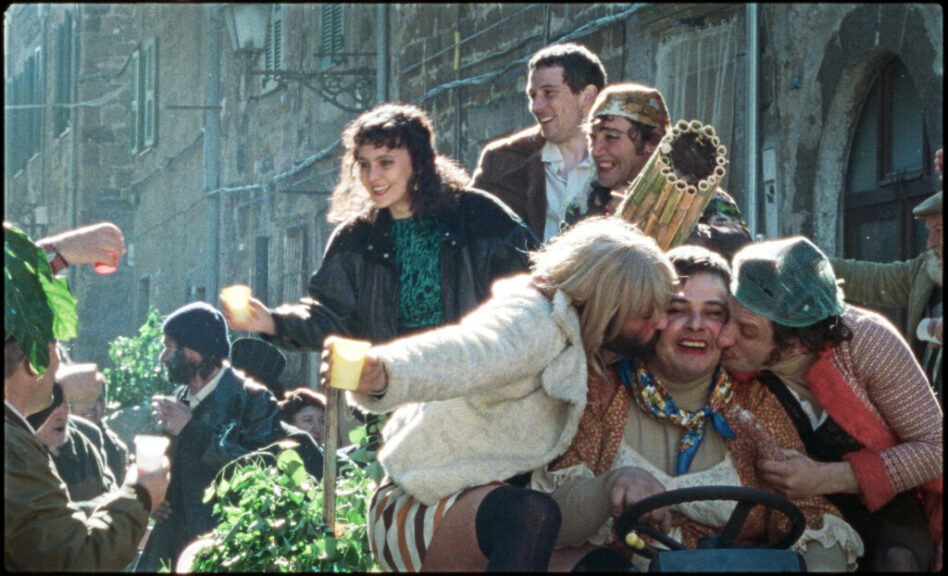
The contours of his cinema
His cinema has been described in numerous articles as “magic realism”, an artistic movement in which authors from America have also been classified. Magic realism consists of staging stories in which the imaginary emerges within the realistic framework. This term, introduced in 1925 by the German art critic Franz Roh, refers to the desire to portray elements that have been described as magical, supernatural, irrational, etc. Alice Rohrwacher‘s films can be likened to Salman Rushdie‘s style, particularly when the director uses vivid, particularly suggestive metaphors. What’s more, her filmography is full of surprising and entertaining stylistic liberties that touch viewers and encourage them to reflect after watching the film, making them want to watch it again to understand it better.
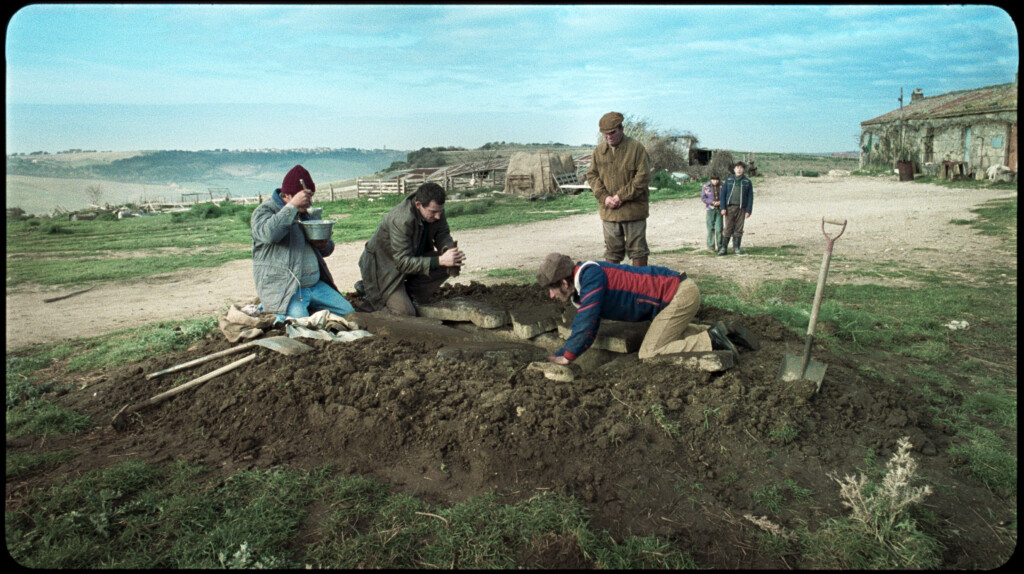
Indeed, Alice Rohrwacher‘s films always begin with a first part that is very much rooted in reality, with a quasi-documentary component. Then, little by little, they disconnect from reality to give the story a fairytale atmosphere, where the magical soon emerges. Alice Rohrwacher seeks to touch people’s sensibilities, to make them look at the world with fresh eyes. She invites audiences to experience her stories.
Alice Rohrwacher also enjoys blurring the boundaries between tradition and modernity, with a singular temporality. Alice Rohrwacher often begins her feature films in a suspended, distant time, before modernity reappears. The filmmaker also likes to mix Italian references, Rossellini, Pasolini, Taviani and Fellini. However, she also allows herself to experiment with different formats at the heart of her film.
In addition, from 1 December 2024 to 8 January 2024, a new exhibition and retrospective of Alice Rohrwacher‘s entire filmography will be presented at the Centre Pompidou in Paris.
A preview of La Chimera will be shown at the opening. The exhibition focuses on the disappearance of traditional agriculture and the threat to landscapes and ecosystems.
As part of this event, Alice Rohrwacher has also made a short film for the series “Where are you now” initiated by the Centre Pompidou.

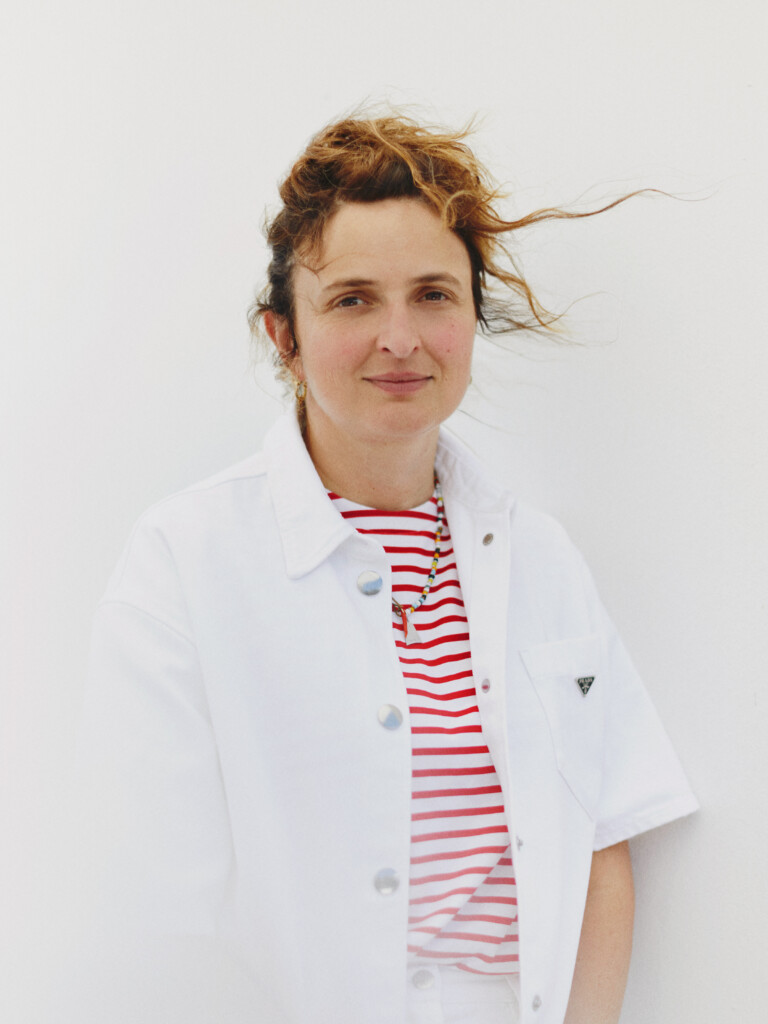
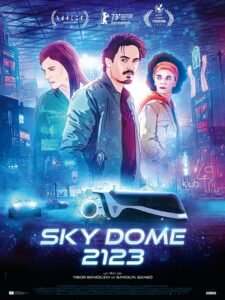
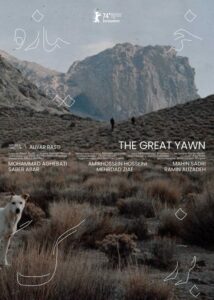
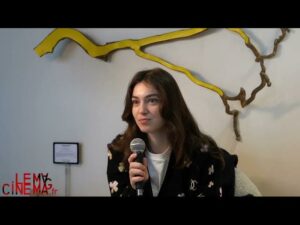
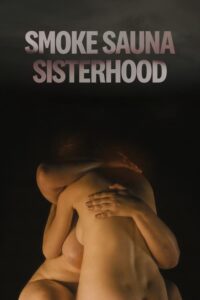
Be First to Comment